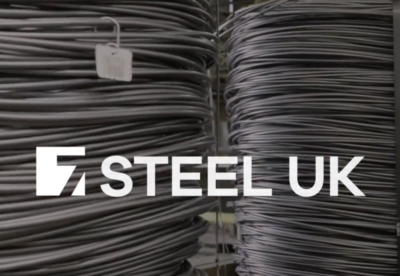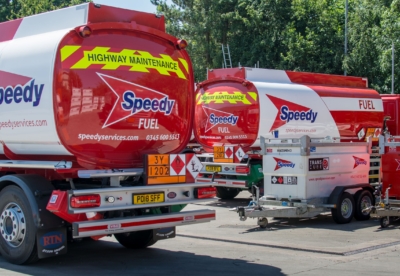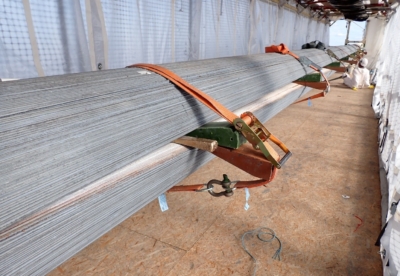While using hydrotreated vegetable oil fuel currently costs around 15% more than red diesel, it reduces net CO2 emissions by as much as 90%.
Last year the BAM Construction and Nuttall businesses consumed 7.1m litres of red diesel, around 70% of the company’s total direct carbon footprint.
To support the decision, BAM has signed a UK-wide contract for HVO fuel with supplier Crown Oil.
The firm joins Skanska, which also two months ago announced it switch to HVO fuel.
BAM is also collaborating with its supply chain partners to encourage further use of low carbon fuels and diesel alternatives.
Other carbon reduction measures include the phasing out of diesel generators and increasing use of photovoltaic cells to generate power at sites, the rollout of electric vehicles to all levels of the employee fleet, the increasing use of low-carbon materials, such as low cement concrete, in the design, construction and management of net-zero buildings.
Sarah Jolliffe, Carbon Reduction Lead, BAM Nuttall said: “HVO fuel has been available for several years but it is only in the last 12-18 months that this fuel has been approved by plant and engine manufacturers for use in their equipment.”
“Many of the projects we deliver and clients we support aim to decarbonise public transport or protect people from the effects of climate change.
“But the engineering solutions and construction operations have a high carbon impact. We want to reduce carbon throughout the whole lifecycle of a project, from the way the site operates through to the materials used in construction, and the way assets are operated, maintained and dismantled.”



















































 (300 x 250 px).jpg)

.gif)



